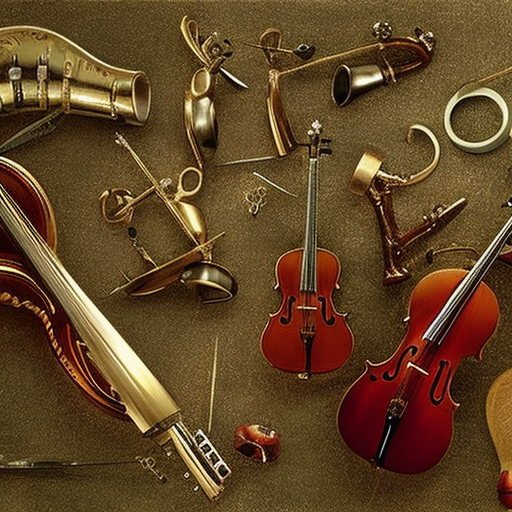Summary: Classical music is a genre of music that emerged in the late 18th century and is characterized by its complex compositions, emphasis on instrumental music, and adherence to established forms and structures. It encompasses a wide range of styles and periods, including the Baroque, Classical, and Romantic eras. Classical music has had a profound influence on Western music and continues to be appreciated for its beauty, complexity, and emotional depth.
History of Classical Music:
Classical music originated in Western Europe and evolved from the music of the Baroque period. It reached its peak during the Classical era, which spanned from the mid-18th century to the early 19th century. Composers such as Johann Sebastian Bach, Wolfgang Amadeus Mozart, and Ludwig van Beethoven were instrumental in shaping the genre during this time. The Romantic era followed, characterized by more emotional and expressive compositions by composers like Franz Schubert and Pyotr Ilyich Tchaikovsky.
Characteristics of Classical Music:
Classical music is known for its emphasis on instrumental music, with the orchestra being a central component. It often features complex compositions with multiple layers of melody and harmony. The use of established forms and structures, such as sonatas, symphonies, and concertos, is a defining characteristic of classical music. These forms provide a framework for composers to explore and develop their musical ideas.
Instruments in Classical Music:
Classical music utilizes a wide range of instruments, both stringed and wind. The orchestra typically includes instruments such as the violin, cello, flute, clarinet, and trumpet. The piano also plays a significant role in classical music, both as a solo instrument and as an accompaniment to other instruments.
Genres and Styles:
Classical music encompasses various genres and styles, each with its own unique characteristics. Some of the most notable genres include symphony, concerto, opera, chamber music, and choral music. Each genre has its own set of rules and conventions, allowing composers to explore different musical ideas and themes.
Appreciation and Impact:
Classical music has had a profound impact on Western music and continues to be appreciated for its beauty, complexity, and emotional depth. It has influenced numerous composers and genres, including film scores, jazz, and contemporary classical music. Classical music is often performed in concert halls and is enjoyed by audiences around the world.
Notable Composers:
Classical music is renowned for its many talented composers who have left a lasting legacy. Some of the most notable composers include Johann Sebastian Bach, Wolfgang Amadeus Mozart, Ludwig van Beethoven, Franz Schubert, and Pyotr Ilyich Tchaikovsky. These composers have created timeless masterpieces that continue to be performed and celebrated today.
Conclusion:
Classical music is a genre that emerged in the late 18th century and has had a profound impact on Western music. It is characterized by its complex compositions, emphasis on instrumental music, and adherence to established forms and structures. Classical music encompasses a wide range of styles and periods, and its beauty, complexity, and emotional depth continue to be appreciated by audiences worldwide.












